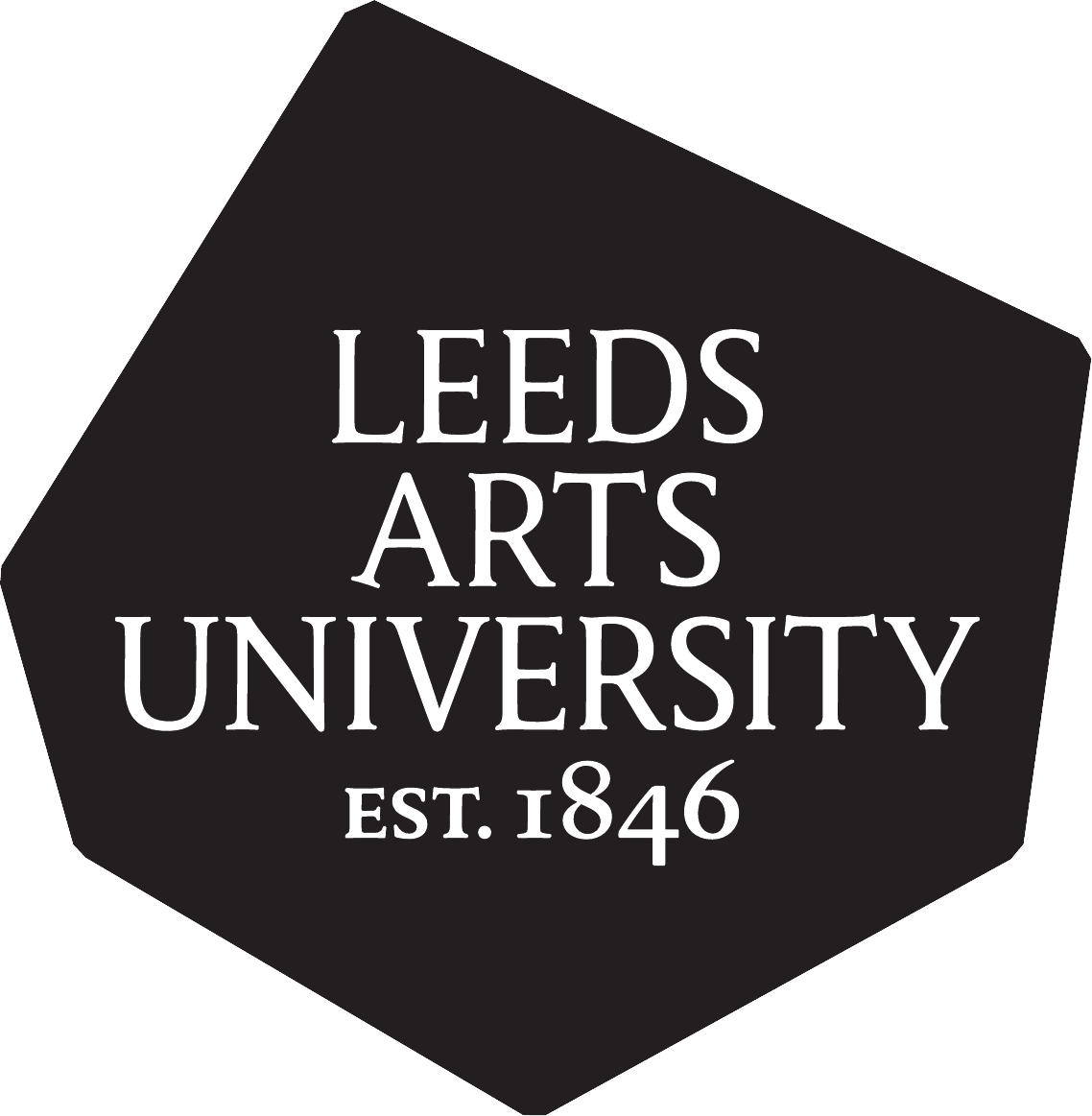Aging in our eyes and in our fingers
Barker, Garry 
Abstract
The output is an online journal article reflecting on the author’s continuing art practice. Research process: A continuing exploration of allegorical visual narrative to communicate experiences. The research consisted of a series of imaginative drawings made in response to an aging body and memories of childhood. This series of artworks has begun to embody information emerging from research into aging and memory, both as practice-based drawing research and as research undertaken as part of a community group that has been looking at how to manage the aging process. Research insights: Allegorical narratives about aging can be used within various formats, from an exhibition of large scale drawings, to presentations to focus groups and to theoretically sophisticated audiences who read about drawing. The use of text to reflect upon drawings, alongside spoken word presentations has allowed the allegorical potential of the work to reach a much wider audience than working in any one area. In particular older people have been brought into dialogue with the work, because of giving more presentations to older peoples’ groups. The further development of conversations about how it feels to inhabit an aging human body continues to open out new directions for practice. The artist is now researching how somatic perceptions can be visualised and brought into allegorical narratives and a recent commission to produce work exploring how to visualise the body for a variety of health and socially engaged community practices has provided more materials for future work. Dissemination: The exhibition of the original drawings and associated ceramics was held in Chapeltown and was attended by over 200 people, a blog post about the research was hosted by ‘Life hacks for a limited future’ as part of the Leeds Older People’s Forum and Barker has spoken about this work at research seminars.
Actions (login required)
 |
Edit Item |

